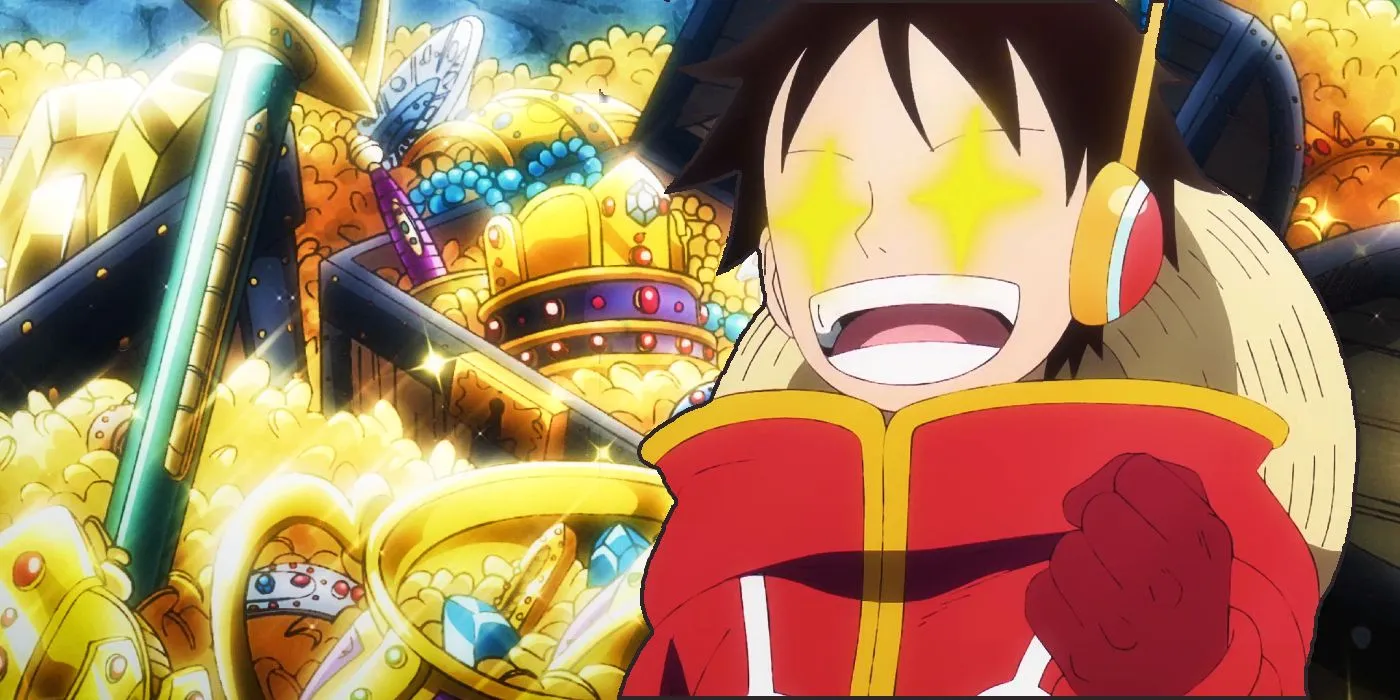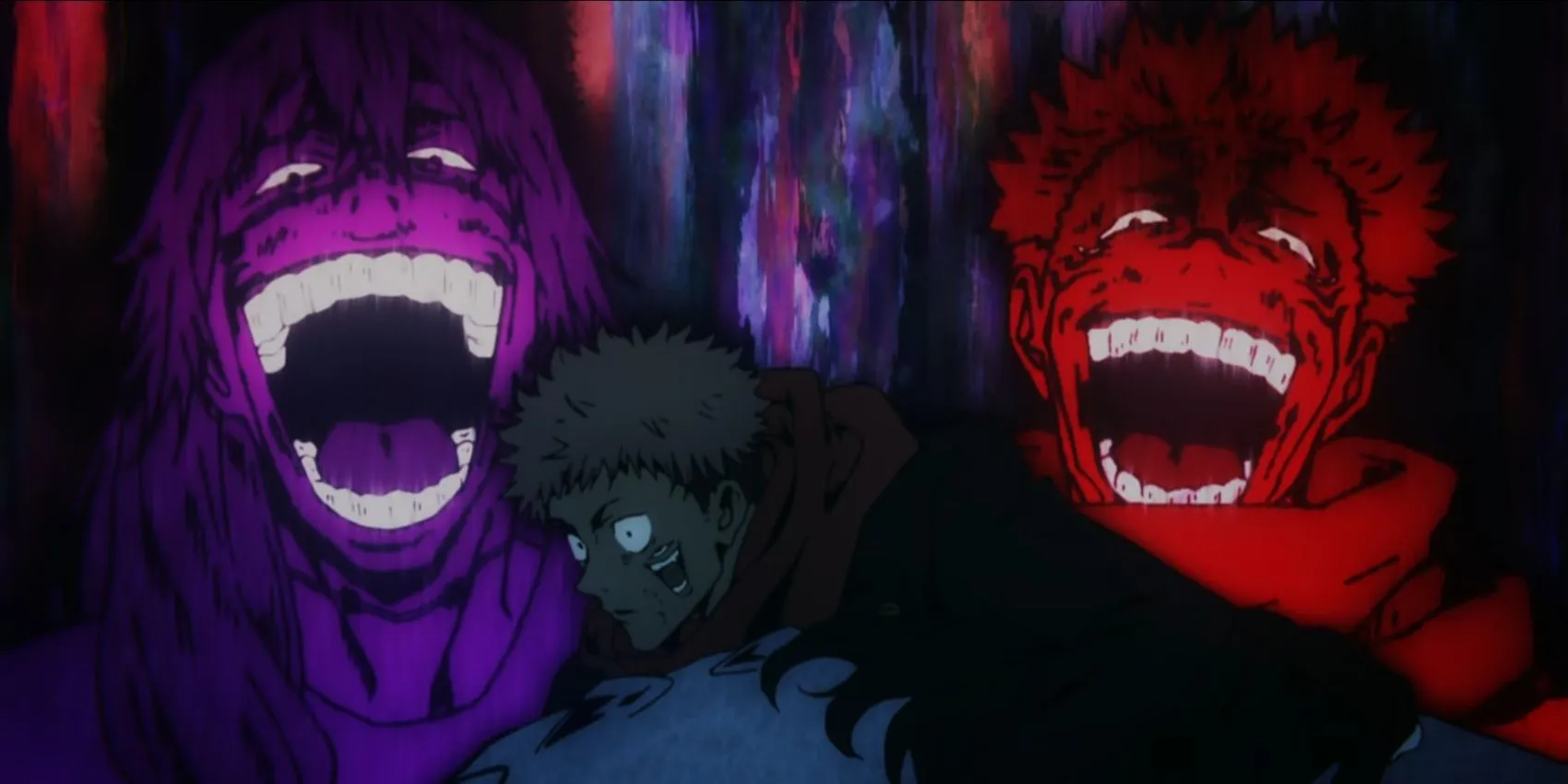
Anime has witnessed explosive growth in its popularity over the last few years, emerging as a significant form of entertainment that consistently generates impressive revenues. Following an unprecedented financial success in 2023, several blockbuster titles maintained this momentum through 2024, thereby attracting an even larger audience to anime. Although the increasing acclaim for this art form is a boon for both the industry and its fans, it brings along unforeseen challenges that merit attention.
In a recent interview with Business Insider, three notable industry producers—Yuichi Fukushima, Tetsuya Nakatake, and Wakana Okamura—discussed the contemporary landscape of anime. Fukushima, notably involved in the adaptation of Spy x Family with CloverWorks, along with his counterparts at Wit Studio and Toho, reflected on the recent successes of anime and shared their vision for the future.
The Surge of Anime Popularity: A Catalyst for Quality Improvement
Rising Revenues and Their Impact on Production Quality

Wakana Okamura cited the extraordinary success of Demon Slayer – The Movie: Mugen Train as a pivotal moment in anime’s rise to mainstream culture, stating, “I feel anime has transformed into the main culture rather than merely a subculture.”This assertion holds credibility, particularly since Mugen Train is the highest-grossing Japanese film ever. Increased revenues have led to enhanced production budgets, correlating with a significant boost in quality across various anime projects.
The impact of Demon Slayer on anime’s popularity cannot be underestimated, setting a standard with its stunning visuals that fans now expect in newer series. Subsequent hits like Jujutsu Kaisen and Dandadan have further raised the bar, showcasing animation quality that was once uncommon. However, as the demand for premium-quality series escalates, studios find it challenging to maintain production levels without compromising on creativity and budget management.
Aspirations for Reviving Longer Anime Series
The Evolving Landscape of Anime Seasons
Expressing a desire for the return of longer anime formats, Yuichi Fukushima stated, “I would like to develop a system that enables us to schedule and produce works several years in advance.”Currently, one-cour seasons—typically comprising a mere 12 episodes—have become the prevalent norm for popular series, contrasting sharply with the two-cour format, which usually encompasses about 24 episodes, once common until the 2010s.
As anime’s popularity continues to surge, production budgets have similarly increased. This rise in financial outlay necessitates a corresponding enhancement in the quality of the final product, making the production of high-caliber, long-running anime series increasingly strenuous. The level of effort required to maintain the animation quality seen in shows like Jujutsu Kaisen over a longer span is daunting, particularly within a standard production timeline.

For instance, MAPPA’s Chainsaw Man concluded its initial run in 2022, with its follow-up film arriving nearly three years later. If Fukushima’s vision flourishes, future productions could kick off years in advance, addressing the prolonged gaps that often frustrate fans eager for continuations of beloved stories. However, the success of this strategy will depend on the ability of source materials to support such timelines.
Challenges of Higher Quality: Work Conditions in the Spotlight
Balancing Quality and Producer Well-being
While fans may relish the prospect of longer-running, high-quality anime, it’s crucial to acknowledge that the creation of these shows depends on people who often face grueling working conditions. The anime industry is notorious for its demanding environment, with animators frequently overworked and inadequately compensated while adhering to tight deadlines.
If Yuichi Fukushima can implement a plan that allows for both quality production and healthier working conditions, the long-coveted return of two-cour anime may well become a reality. Despite the industry flourishing with higher standards and consistent quality, this growth has inevitably slowed down production rates. Thankfully, it appears that experienced producers like Fukushima are actively pursuing solutions to address these pressing challenges.
Source: Business Insider




Leave a Reply